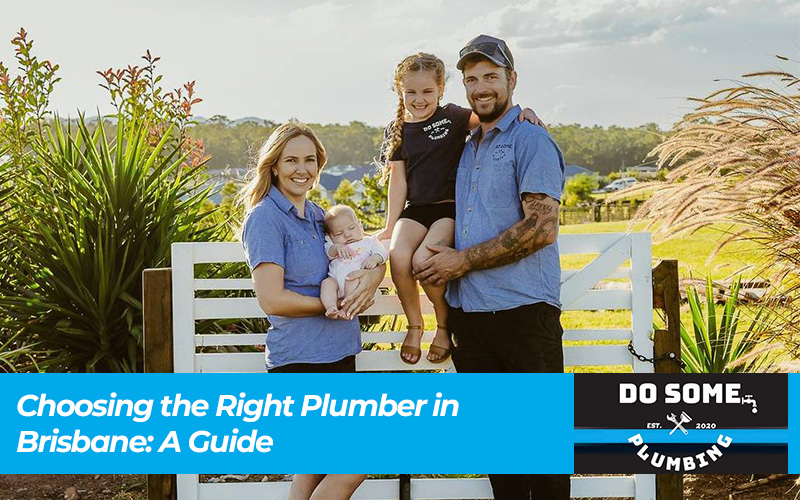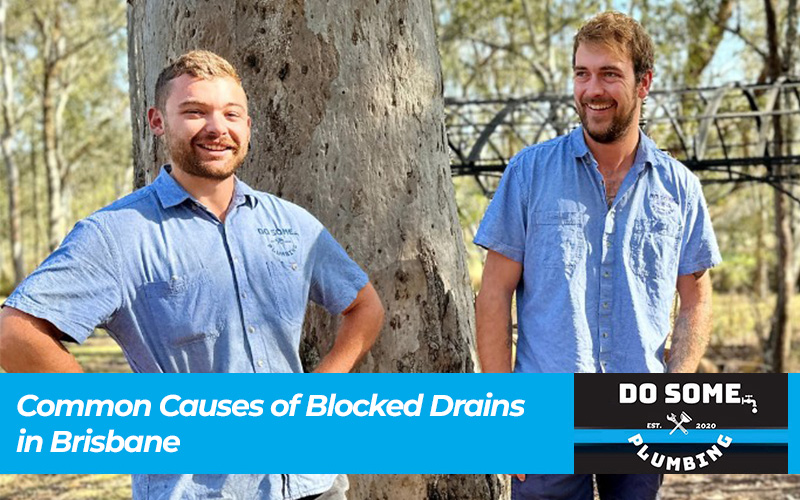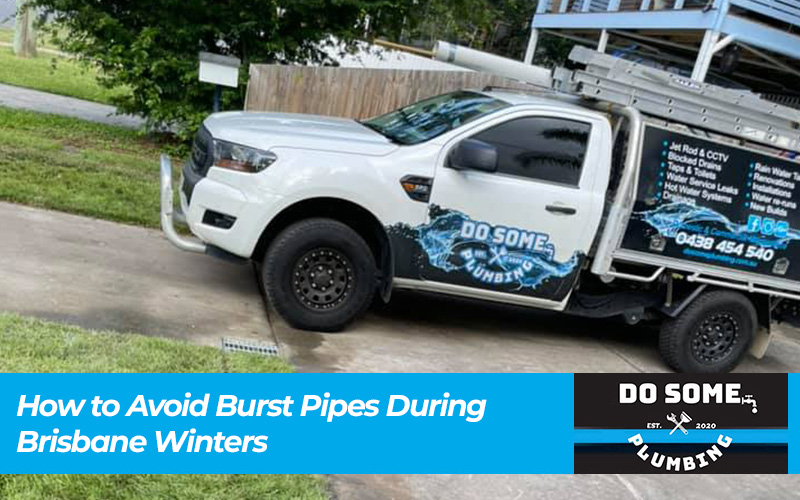
How to Prevent Frozen Pipes in Brisbane's Winter
Although Brisbane's winters are relatively mild compared to other regions, it's still important to take precautions to prevent your pipes from freezing. Frozen pipes can cause significant damage to your plumbing system and lead to costly repairs. Here’s how to prevent frozen pipes and protect your plumbing during Brisbane’s winter months.
Insulate Your Pipes
Proper insulation is key to preventing pipes from freezing. Use pipe insulation sleeves or wraps to cover exposed pipes in unheated areas, such as garages, basements, and crawl spaces. Insulating your pipes helps to keep the temperature of the water flowing through them above freezing, reducing the risk of freezing.
Seal Gaps and Cracks
Inspect your home for any gaps or cracks near pipes, especially in areas where pipes run through walls, floors, or ceilings. Seal these openings with caulk or foam sealant to prevent cold air from reaching your pipes. Properly sealing gaps helps maintain a consistent temperature around your pipes and reduces the risk of freezing.
Keep Your Home Heated
Maintaining a consistent indoor temperature is essential for preventing frozen pipes. Even if you’re away from home, keep your thermostat set to a minimum temperature (typically around 15°C to 18°C) to ensure your pipes remain warm. Avoid lowering the thermostat too much during the night or when you’re not home, as this can increase the risk of freezing.
Allow Warm Air to Circulate
Ensure that warm air circulates around your pipes by keeping interior doors open, especially in areas with exposed pipes. Open cabinet doors under sinks to allow heat from your home’s central heating system to reach the pipes. This is particularly important in kitchens and bathrooms where pipes are more likely to be exposed to colder temperatures.
Let Faucets Drip
During particularly cold spells, letting your faucets drip slowly can help prevent freezing. A small, continuous flow of water helps to keep the water moving through the pipes, reducing the chance of ice formation. This is especially useful for pipes that are located along exterior walls or in unheated spaces.
Disconnect Outdoor Hoses
If you have outdoor hoses, disconnect and drain them before winter arrives. Water left in hoses can freeze and potentially damage both the hose and the outdoor faucet. Store hoses in a garage or shed to prevent them from freezing and ensure that outdoor faucets are also properly insulated or covered to protect against the cold.
Monitor for Signs of Freezing
Be vigilant for signs that your pipes may be freezing. If you notice a decrease in water pressure, unusual noises from pipes, or if a faucet suddenly stops working, it could indicate that a pipe is freezing. If you suspect a pipe is frozen, take immediate action to thaw it safely or contact a professional plumber for assistance.
Conclusion
Preventing frozen pipes in Brisbane’s winter involves taking proactive steps to insulate, seal, and maintain your plumbing system. By insulating pipes, sealing gaps, keeping your home heated, and monitoring for signs of freezing, you can protect your plumbing and avoid costly damage. Taking these measures will help ensure that your pipes remain functional and your home stays safe during the colder months.










